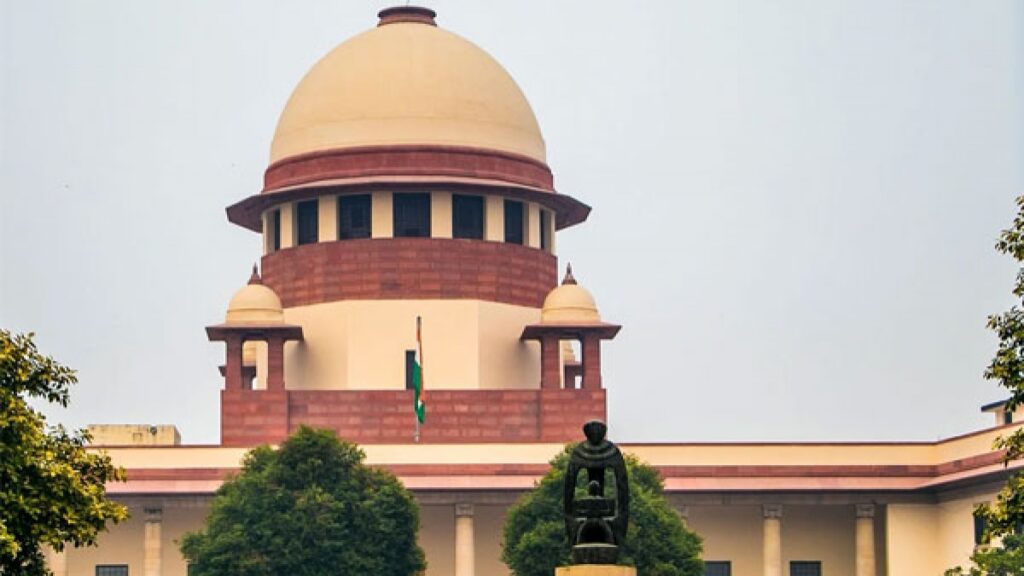Nithyakalyani Narayanan. V
On August 29th, the Supreme Court held that children from invalid marriages are entitled to a share in the property of their parents under Hindu laws.
The case before the Court was based on the legal issue of whether children of void and voidable marriages were eligible for a share in the ancestral property of their parents or have coparcenary rights over the properties belonging to a Hindu Undivided Family. The case has been pending since 2011.
In August, a three-judge Bench comprising Chief Justice D Y Chandrachud, Justice J B Pardiwala and Justice Manoj Misra was hearing the matter of whether the share of such children is limited only to the self-acquired property of their parents under Section 16(3) of the Hindu Marriage Act, 1955. These questions were referred to a larger bench by a division-judge bench of the Supreme Court on March 31, 2011.
The CJI held that “Once the share of the deceased in the property that would have been allotted to him if a partition had taken place immediately before his death is ascertained, his heirs, including the children who have been conferred with legitimacy under Section 16 of the Hindu Marriage Act, will be entitled to their share in the property which would have been allotted to the deceased upon the notional partition if it had taken place.”
In 2011, the Court held that the provision makes it very clear that a child of a void or voidable marriage can only claim the rights to the property of his parents, and no one else.
The new Bench had opposed the earlier findings of the Apex Court that such children will have no right to ancestral properties of their parents – “With changing social norms of legitimacy in every society, including ours, what was illegitimate in the past may be legitimate today. The concept of legitimacy stems from social consensus, in the shaping of which various social groups play a vital role… in a changing society law cannot afford to remain static.”
According to the Hindu statute, the parties do not have the status of husband and wife in a void marriage but in a voidable marriage, they are considered to be husband and wife. In a void marriage, no decree of nullity is required to annul the marriage but it is required in a voidable marriage.
Name of the case: Revanasiddappa vs. Mallikarjun
Bench: Chief Justice D Y Chandrachud, Justice J B Pardiwala and Justice Manoj Misra


